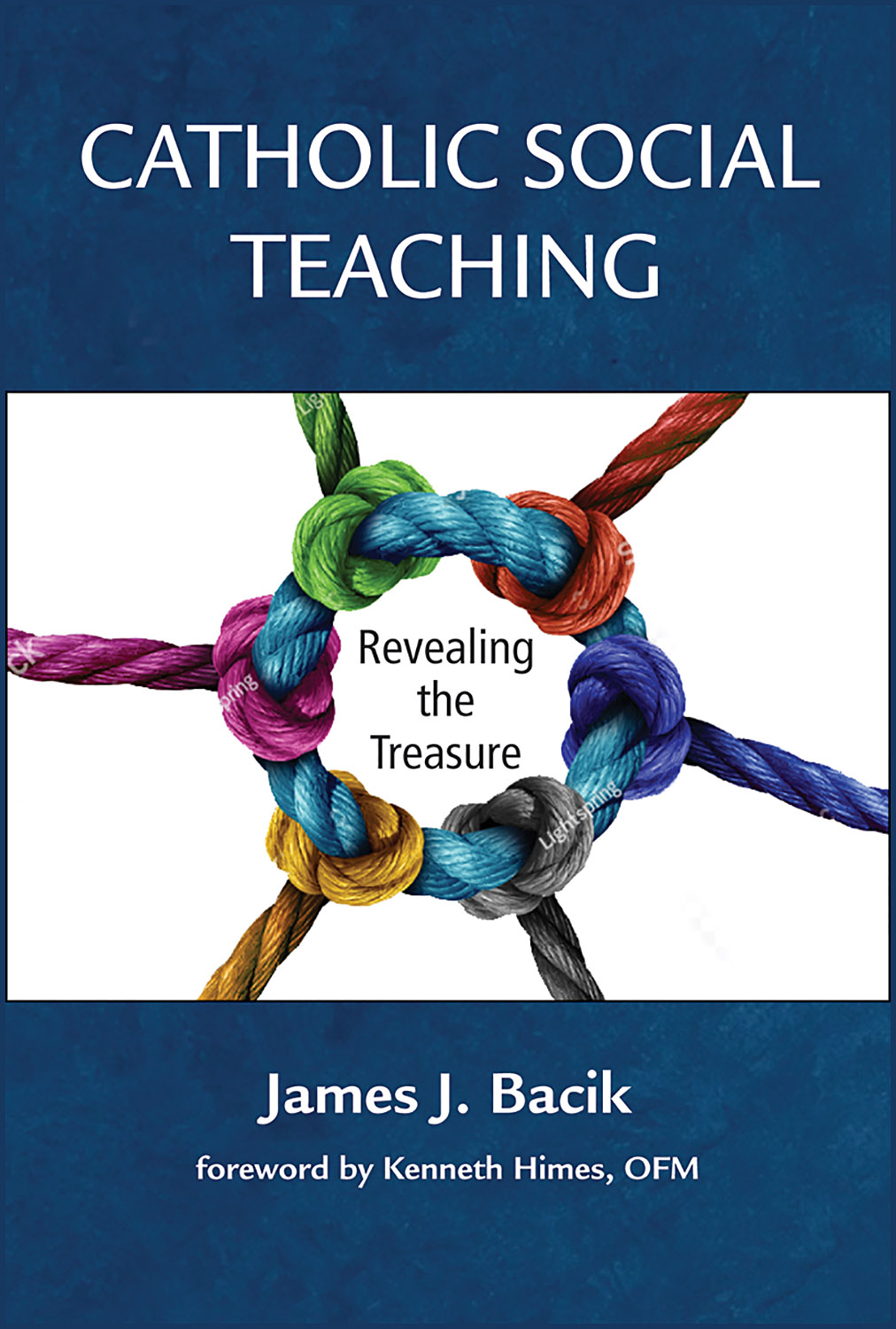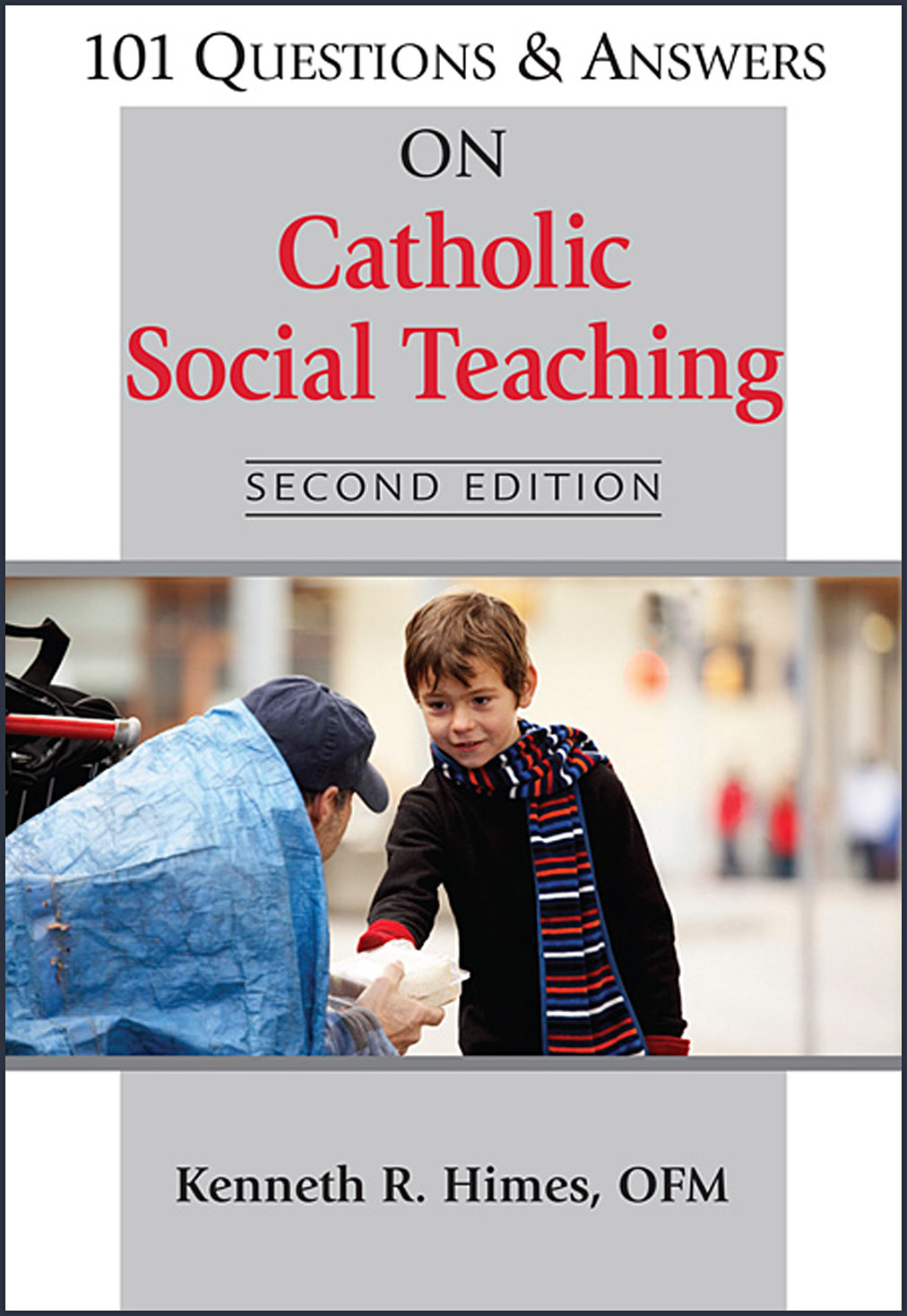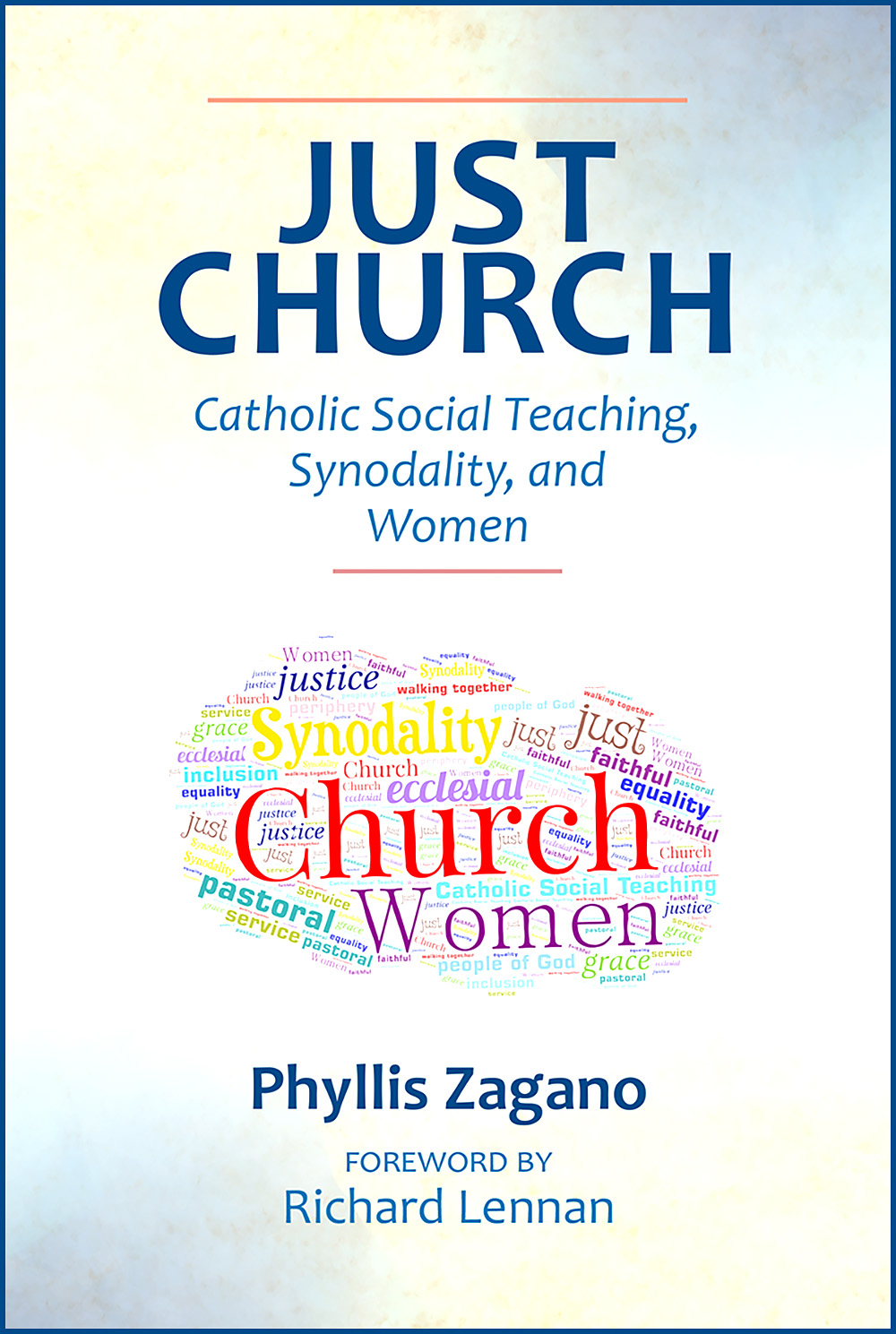 |
|
Paulist Press welcomes and celebrates with joy the election of Pope Leo XIV! We pray through the intercession of the Virgin Mary, Our Lady of Good Counsel, Sts. Peter and Paul, and St. Augustine, that God will guide him as he leads the whole church.
Let us now walk with him on this path of Christian discipleship. And may the Holy Spirit continue to inspire us as we bring Christ's message of peace and hope in this jubilee year to all peoples around the world.
|

|

|
Augustine of Hippo
Selected Writings
Mary T. Clark
Selections from the writings of one of the most influential shapers of the western theological tradition, Augustine of Hippo (354-430), including On the Trinity, The Rule of St. Augustine, The Happy Life, On the Presence of God and other works.
|
|
 |

|
What Are They Saying About Augustine?
Joseph T. Kelley
An overview of contemporary scholarship on St. Augustine of Hippo, his life, writings and pastoral work as a fourth- and fifth-century bishop in Roman North Africa, and as an influential father of the church.
|
|
 |

|
Catholic Social Teaching
Revealing the Treasure
James J. Bacik
Drawing on his long experience of having lectured, written on and taught the topic, Kenneth Himes has gathered here some of the most frequently asked questions on Catholic social teaching. Using the always popular Responses to 101 Questions format, he introduces this important part of the Catholic tradition to students as well as inquiring believers.
Some of the topics covered in the questions are: human dignity and human rights; the kinds of justice; family and social structures; justice and political life; the meaning of human work; labor unions and the rights of labor; the just wage; capitalism, socialism and communism; the just war tradition; pacifism; the arms race; debt forgiveness; women in society; racism; immigration and the death penalty.
>> Click for Endorsements >>
"Jim Bacik knows both his theological material and his flock. He has not simply written a book about Catholic social teaching; he has written a book that urges readers to reflect for themselves upon that tradition and to do so in the pastoral settings in which they live and work as American Catholics. The theologian and the pastor have both been at work in crafting this brief yet rewarding book."
—from the foreword
"This book illuminates the Catholic social tradition anew, situating its documents and themes in key historical, social, and cultural contexts and inviting readers into its moral and spiritual implications. This accessible yet substantive volume offers valuable insights for urgent signs of our times."
—Kristin E. Heyer, Joseph Chair in Theology, Boston College
"Catholic Social Teaching crosses the gaps existing for many Catholics between faith today and Catholic social tradition. Bacik sharpens that tradition's key themes, then engages it with U.S. life and politics. This work will be an enriching discovery for teachers, pastors, students, and every Catholic who wonders how their Church can speak effectively to the dilemmas and rifts we now face, both ecclesially and socially."
—Lisa Sowle Cahill, J. Donald Monan, SJ, Professor of Theology, Boston College
Fr. Jim Bacik is a priest of the Diocese of Toledo, ordained in 1962, and is the former pastor of Corpus Christi University Parish in Toledo. He has his doctorate in theology from the University of Oxford and has published numerous articles and fifteen books. Fr. Bacik has taught graduate theology courses at Notre Dame University, Fordham University, the University of San Francisco, and the Catholic Theological Union in Chicago. He has also lectured widely around the United States and internationally.
|
|
 |

|
101 Questions & Answers on Popes and the Papacy
Christopher M. Bellitto
Informative, intelligent, and readable, this book provides a quick resource to questions on all things papal for students, general readers, and the media.
|
|
 |

|
101 Questions & Answers on Catholic Social Teaching
Second Edition
Kenneth R. Himes, OFM
Now in a second edition, this is a concise overview of what the major documents of the tradition say about political, economic, and social life, making accessible the key ideas that the Church has proclaimed in the area of social teaching.
|
|
 |

|
Just Church
Catholic Social Teaching, Synodality, and Women
Phyllis Zagano
Just Church engages the reader in the synodal pathway to a "Just Church" that can and should reflect its social teaching. An important measure of justice is an ecclesiology open to participation by others beyond celibate clerics, especially in consideration of competing Catholic ecclesial bodies and methods of membership.
>> Click for Endorsements >>
"Just Church is a compelling reminder to the Church, at every level and in every setting, that true justice and authentic synodality require the inclusion of all the baptized in discerning what constitutes constructive mission in the Church's present moment in history. Most notably, Zagano's work underscores that the Church can be a faithful promoter of justice in the world only if justice reigns in the Church."
—from the foreword
"Pope Francis's vision for the future, synodality, and a Church in which lay women and men become active participants in shaping that future are all addressed here in crystal-clear prose. A trenchant critic of ecclesiastical humbug, Zagano points the way forward to a more just Church."
—Paul Lakeland, director of the Center for Catholic Studies at Fairfield University
"Just Church looks to connect the dots between Catholic social teaching and the practice of the Church, between affirming the equality of all persons created in the image and likeness of God and the ecclesiology of Vatican II, grounded in the recognition of the equal dignity of all the baptized, and their application to the life and practice of the Church—in particular, their consequences for women. Phyllis Zagano's perceptive reading of how hesitant efforts to develop a more synodal and inclusive ecclesial culture continue to be met by the resistance of clerical exceptionalism sheds light on the wounded credibility of the Church in the world today."
—Catherine Clifford, PhD, Saint Paul University, Ottawa, Ontario
"Just Church offers a historical and critical analysis of Catholic social teaching and synodality that honors the experiences of women who long for a just Church. Her candid research on women in the Church is essential for realizing Pope Francis's synodal vision."
—Erin Brigham, PhD, executive director, Joan and Ralph Lane Center for Catholic Social Thought and the Ignatian Tradition, University of San Francisco
Phyllis Zagano, PhD, has lectured throughout the United States, Canada, Europe, and Australia. Her many awards include the 2014 Isaac Hecker Award for Social Justice from the Paulist Center Community in Boston. Her groundbreaking work on women in the diaconate led to her appointment in 2016 to the Pontifical Commission for the Study of the Diaconate of Women. Her most recent book is Women Religions, Women Deacons (Paulist Press, 2022).

|
|
 |
|